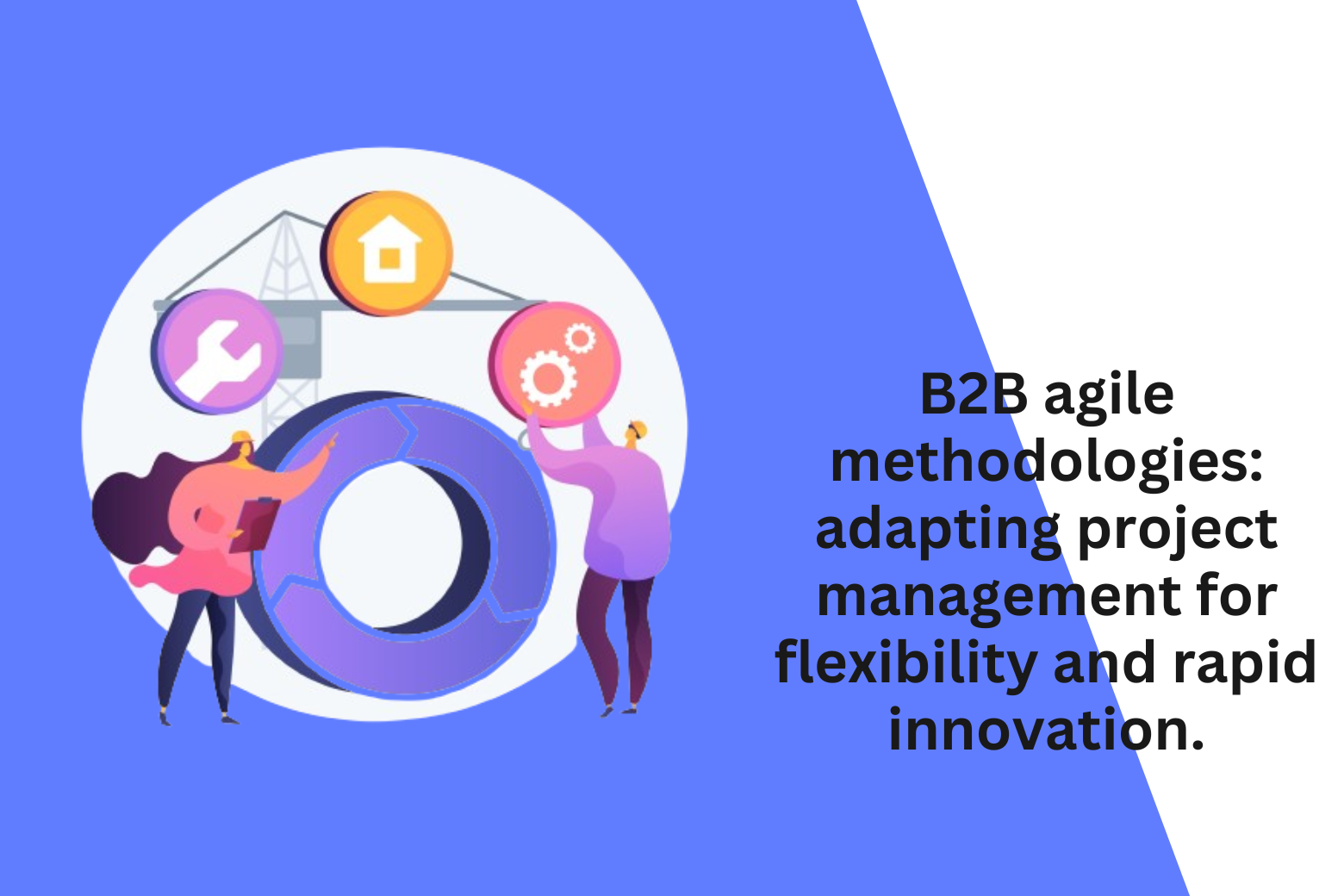
The evolution of B2B sales has seen a shift from traditional transactional models to more consultative, relationship-driven, and value-oriented approaches. Here’s an overview of the key stages in the evolution of B2B sales:
1. Transactional Selling:
- Characteristics:
- Focus on quick transactions and closing deals.
- Limited interaction beyond the sale.
- Emphasis on features and pricing.
- Reasoning:
- Products and services were seen as commodities.
- Buyers made decisions based on price and specifications.
2. Relationship Selling:
- Characteristics:
- Emphasis on building long-term relationships with clients.
- Ongoing communication and engagement.
- Understanding client needs and providing ongoing support.
- Reasoning:
- Recognizing the importance of customer loyalty and repeat business.
- Shift from one-time transactions to a focus on customer retention.
3. Consultative Selling:
- Characteristics:
- Sales professionals act as consultants.
- In-depth understanding of customer needs and challenges.
- Customized solutions tailored to specific client requirements.
- Reasoning:
- Acknowledgment that B2B buyers are well-informed and seek expertise.
- Focus on problem-solving and providing value through expertise.
4. Value-Driven Selling:
- Characteristics:
- Emphasis on delivering tangible value to clients.
- Alignment of products/services with the client’s business goals.
- ROI-focused discussions.
- Reasoning:
- Shift from selling products to providing solutions that deliver measurable value.
- Buyers prioritize outcomes and impact on their business.
5. Strategic Selling:
- Characteristics:
- Collaboration with clients to achieve strategic objectives.
- Partnership and co-creation of solutions.
- Alignment of sales strategies with the client’s overall business strategy.
- Reasoning:
- Recognition that B2B sales is about more than just products; it’s about contributing to the client’s strategic success.
- Focus on long-term partnerships and mutual growth.
6. Digital Transformation in Sales:
- Characteristics:
- Integration of technology in sales processes.
- Data-driven decision-making.
- Use of AI, analytics, and automation.
- Reasoning:
- Leverage technology to enhance efficiency, personalization, and insights.
- Adapt to changing buyer behaviors influenced by digital channels.
7. Inbound Sales:
- Characteristics:
- Focus on attracting, engaging, and delighting customers.
- Content marketing and thought leadership.
- Use of inbound methodologies to align with the buyer’s journey.
- Reasoning:
- Shift from interruptive outbound tactics to building relationships through valuable content and engagement.
8. Social Selling:
- Characteristics:
- Utilizing social media platforms for prospecting and engagement.
- Building personal brands and networks.
- Listening to and participating in online conversations.
- Reasoning:
- Recognizing the role of social media in the buyer’s journey.
- Building trust and credibility through online interactions.
9. Customer-Centric Selling:
- Characteristics:
- Putting the customer at the center of the sales process.
- Understanding and responding to customer preferences.
- Continuous feedback and improvement based on customer insights.
- Reasoning:
- Prioritizing the buyer’s experience and preferences in every stage of the sales journey.
- Adapting strategies based on evolving customer needs.
10. Predictive and Prescriptive Analytics:
- Characteristics:
- Use of advanced analytics for predictive sales forecasting.
- Prescriptive analytics guiding sales actions.
- Data-driven insights for strategic decision-making.
- Reasoning:
- Leveraging data to anticipate buyer behavior, optimize sales processes, and enhance decision-making.
Conclusion:
The evolution of B2B sales reflects a profound shift from transactional models to more collaborative, customer-focused, and data-driven approaches. Today’s B2B sales professionals not only provide solutions but also act as strategic partners, leveraging technology and analytics to deliver value and drive long-term success for both buyers and sellers. The ongoing evolution emphasizes the need for agility and adaptation to meet the changing demands and expectations of B2B buyers in a dynamic business landscape.



